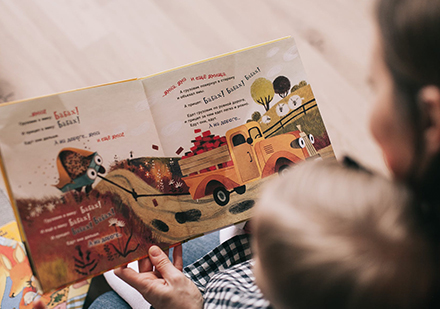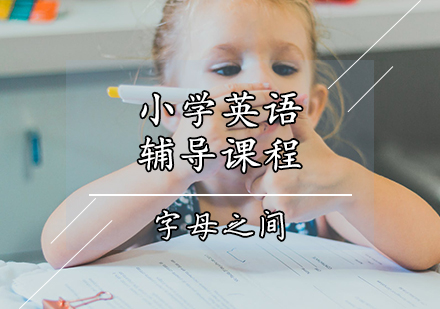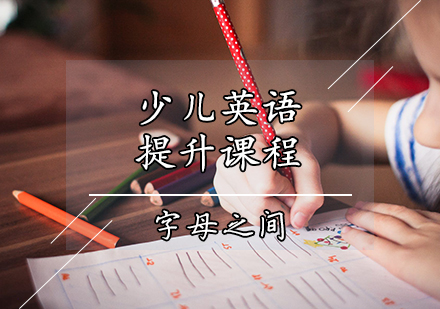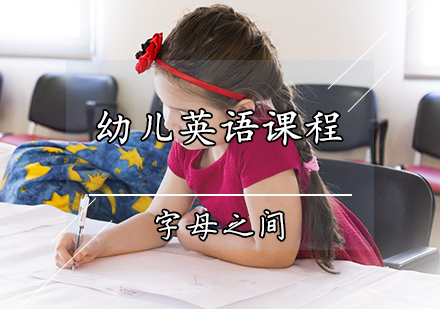
小学是为将来的学习打基础的阶段,所以很多的家长对于孩子小学阶段的英语比较的重视,小学阶段的英语已经接触到与语法,字母之间今天就来讲讲小学英语要掌握的四大时态.
一般现在时
主要描述经常会发生的动作、状态或不变的真理。
句末常出现every day/week/year/Monday,in the morning;句中常有always,usually,often,sometimes
组成1.主语+be+名词(形容词)
I am a student.
He is tall.
否定句:在be后加not
I am not a student.
He is not tall.
疑问句:be动词提前到位。
Are you a student?
Yes,I am./No,I am not.
Is he tall?
Yes,he is./No,he isn’t.
组成2.主语+动词+地点+时间
We go to school on Monday.
He goes to the park on Sunday.
否定句:主语+don’t/doesn’t’t+动词原形+地点+时间
We don’t go to school on Monday.
He doesn’t go to the park on Sunday.
疑问句:在句首加do或does
Do you go to school on Monday?
Yes,we do./No,we don’t.
Does he go to the park on Sunday?
Yes,he does./No,he doesn’t.
动词第三人称单数变化
1.在原单词末尾加s,如:like–likes
2.单词以o,sh,ch,s,x结尾加es,如:go–goes
3.单词末尾为辅音+y结尾去y加ies如:study-studies
现在进行时
主要叙述正在发生的事情。
句末常出现now;句首常出现look,listen。
组成主语+be+动词ing形式
I am reading English.
They are swimming.
He is playing football.
否定句:在be后加not
I am not reading English.
They are not swimming.
He is not playing football.
疑问句:将be放到位。
Are you reading English?
Yes,I am./No,I am not.
Are they swimming?
Yes,they are./No,they aren’t.
Is he playing football?
Yes,he is./No,he isn’t.
动词变ing形式
1.在动词末尾加ing.如:play-playing
2.末尾有e,要去e加ing.如:ride–riding
3.末尾以辅音元音辅音结尾,双写末尾的辅音字母.如:swim-swimming
一般过去时
主要描述过去发生的事情。
句末常出现last night/week/Monday/year,yesterday,ago
组成主语+动词过去式
I was a pilot.
They were busy.
He went to the market.
否定句:在be后加not,在普通动词前加didn’t动词恢复原形。
I was not a pilot.
They were not busy.
He didn’t go to the market.
疑问句:提前be动词或在句前加did
Were you a pilot?
Yes,I was./No,I wasn’t.
Were they busy?
Yes,they were./No,they weren’t.
Did they go to the market?
Yes,they did./No,they didn’t.
动词变过去式
1.在末尾加ed或d如:play-played、like-liked
2.辅音加y,结尾去y加ied.如:study-studied
3.辅音元音辅音结尾双写最后一个字母加ed.如:stop-stopped
一般将来时
主要描述将来要发生的事情。
句末常出现next Monday/week/year,tomorrow
组成1.主语+be going to+动词原形
I am going to visit Ann.
They are going to draw a dog.
She is going to ride a horse.
否定句:在be后加not
I am not going to visit Ann.
They are not going to draw a dog.
She is going to ride a horse.
疑问句:将be提前
Are you going to visit Ann?
Yes,I am./No,I am not.
Are they going to draw a dog?
Yes,they are./No,they aren’t.
Is she going to ride a horse?
Yes,she is./No,she isn’t.
组成2.主语+will+动词原形
I will go to the library.
They will clean the house.
She will eat breakfast at home.
否定句:在will后加not或将will not写为won’t
I will not go to the library.
They will not clean the house.
She will mot eat breakfast at home.
疑问句:将will提前
Will you go to the library?
Yes,I will./No,I won’t.
Will they clean the house?
Yes,they will./No,they won’t.
Will she eat breakfast at home?
Yes,she will./No,she won’t.








 天津小学英语辅导课程
天津小学英语辅导课程 天津少儿自然拼读课程
天津少儿自然拼读课程 天津少儿英语提升课程
天津少儿英语提升课程 天津幼儿英语课程
天津幼儿英语课程 天津幼儿英语绘本课程
天津幼儿英语绘本课程